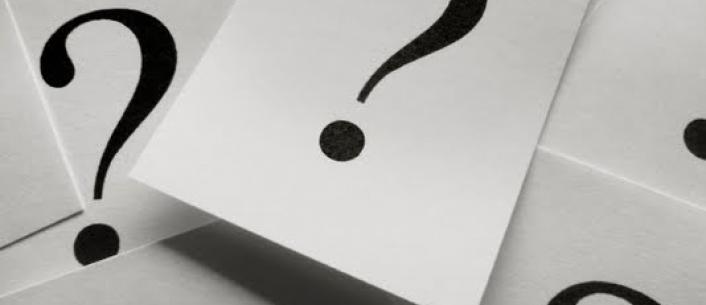- Home
- Play & Learn Home
- Online Enrichment
- Experience Modern Israel
- Israel It's Complicated
- Jewish and Me
- Jewish Holidays Jewish Values
- Jewish Values in Genesis and Jewish Values in Exodus
- Min Ha’aretz
- Our Place in the Universe
- Simply Seder
- The Prophets: Speaking Out for Justice
- Making T'filah Meaningful
- Make, Create, Celebrate
- Yom Haatzmaut Resources
- Hebrew Apps
- About The OLC
- What is the OLC?
- Introduction
- Get Started
- Resources
- OLC Content
- Parent Materials
- See My OLC Classes
- Store
Do Students Need Answers--or Questions? A Reflection on Education by Rabbi David Wolpe
Written by Behrman House Staff, 01 of October, 2013
Your Students are Back! Engage Them with New Modules and More Free Resources from Babaganewz
Give Your Students a Quick Link to FREE Hebrew Practice
Simchat Torah Reminds Us to Rejoice in Our Roles as Educators
Rabbi David Wolpe's reflections from his 'Off The Pulpit' column are available in the Resource Libraries. As we move into the heart of the school year, read and be inspired by his thoughts on learning by focusing on questions rather than answers.
Reading for Questions
We go to the internet for information. The range of reference at our fingertips is astonishing. We have too many places to get answers. But one reads, wrote Franz Kafka, to ask questions. Where can a reader go for good questions?
One place is the prayerbook. Early in the morning service is a series of powerful questions: "What are we? What is our life? What is our righteousness?" At the outset of the service each morning we are invited to question the very fundamentals of our lives.
Or you might read the Passover Haggadah; it too is built around questions. And they are designed to be recited by the youngest child so we will socialize our children to ask.
Answers do not drive us deeper; questions do. If you wish to read for questions, as Kafka advises, there is no better place than the Talmud. In traditional Jewish learning, a kashya, a difficulty, a question, is something to be prized.
A better, deeper question betokens a more gifted and industrious student. The mishnah begins with a question. The Rabbis tell us we all end with questions — in the afterlife we will be judged by having questions asked of our lives.
So read for entertainment, enlightenment, diversion, delight — but also for the questions, okay?

